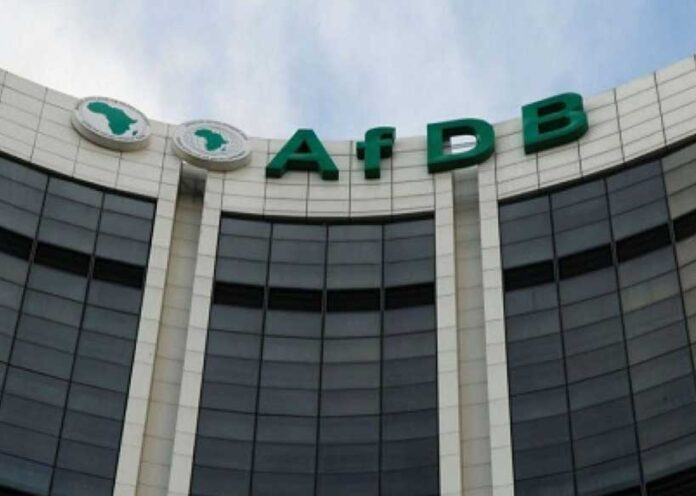The second phase of the Special AgroIndustrial Processing Zones (SAPZ) project will be financed by $2.2 billion (approximately N3.4 trillion) from the African Development Bank (AfDB) and its worldwide partners, therefore transforming Nigeria’s agricultural sector.
Covering twenty-four states, this next phase is meant to release the whole potential of the country’s agricultural value chain.
During the 2025 Standard Chartered Bank Africa Summit in Lagos, the outgoing President of the AfDB, Dr. Akinwumi Adesina, made the declaration.He claims that by establishing centers for food processing, packing, and distribution more effectively, the project would not only improve Nigeria’s food security but also encourage industrial expansion.
Eight sites—including Ogun, Oyo, Cross River, Imo, Kaduna, Kwara, Kano, and the Federal Capital Territory—have already made substantial headway in the first phase of the SAPZ programme. Early initiatives centered on lowering postharvest losses, attracting significant agroinvestments, and providing fundamental infrastructure in rural agricultural areas. Local production has risen as have jobs in agricultural-related companies as a result of this outcome.
The News Chronicles understands that this second phase is expected to be more ambitious in scope, integrating advanced industrial platforms to help Nigeria move further up the agricultural value chain. This will entail not just food supply but also large-scale processing for local use and export.
Dr. Adesina said that the AfDB has so far invested over $934 million directly into the SAPZ project, while an extra $938 million has been raised from development partners including the Islamic Development Bank, the Japan International Cooperation Agency, and the West African Development Bank. Collectively, these initiatives are part of a larger coalition striving to build comparable agroindustrial centers across Africa, with total commitments over $3 billion.
Under the SAPZ framework, 27 locations in 11 African nations are presently at different phases of development. The AfDB says that with focused infrastructure and collaborative investment, Africa may drastically increase its market share for agricultural products. For Nigeria, this might signal a major move toward becoming not only a food-secure country but also a top exporter of high-value agricultural products.



